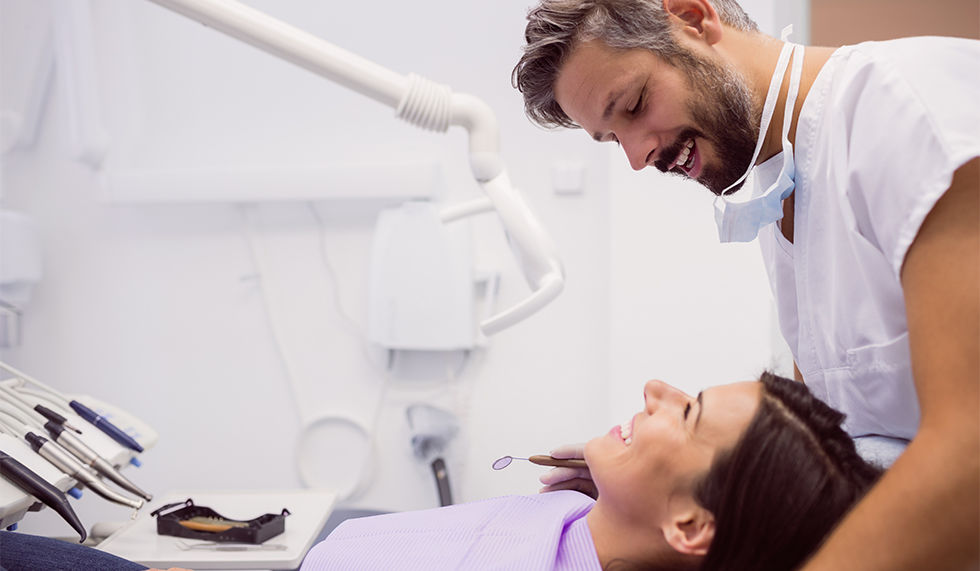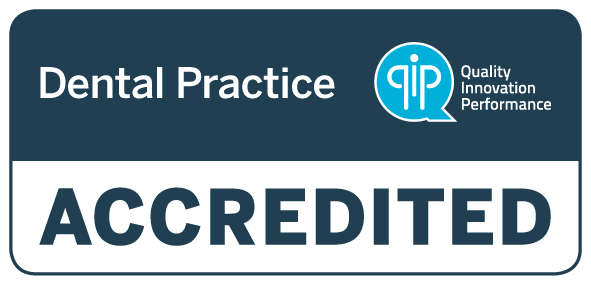Regular dental check-ups are a cornerstone of maintaining good oral health. These routine visits play a vital role in detecting potential issues early, preventing serious dental problems, and ensuring your smile remains healthy and bright. The importance of dental check-ups cannot be overstated, as they help with cavity prevention, gum disease prevention, and early detection of other oral health issues. By scheduling regular dental visits, you can safeguard not only your teeth but also your overall well-being.
What Happens During a Dental Check-Up?
During a routine dental check-up, your dentist will perform a thorough examination of your teeth, gums, and mouth. This process usually involves several key steps:
- Oral Examination: Your dentist will inspect your teeth for cavities, signs of decay, and any wear on the enamel. They will also check your gums for any signs of disease, such as redness, swelling, or bleeding, which could indicate gum disease.
- X-Rays: Depending on your dental history and current needs, your dentist may take X-rays to spot issues that are not visible during a physical examination. X-rays can help detect problems like tooth decay under the gumline, impacted teeth, or bone loss.
- Professional Teeth Cleaning: Even with good at-home oral hygiene, plaque and tartar can build up in hard-to-reach areas. Professional teeth cleaning removes these deposits, preventing cavities and gum disease.
- Fluoride Treatment: In some cases, your dentist might apply fluoride to strengthen your teeth and make them more resistant to decay.
By understanding what to expect during a dental check-up, you can approach your visit with confidence, knowing it’s a simple yet crucial step toward maintaining optimal oral health.
Benefits of Regular Dental Check-Ups
There are numerous benefits of dental check-ups, and they extend far beyond keeping your teeth clean. Some of the key advantages include:
- Early Detection of Dental Issues: Regular visits allow your dentist to catch problems like cavities, gum disease, and oral infections before they become serious. Early detection often leads to easier, less invasive treatments.
- Cavity Prevention: Professional cleanings help remove plaque buildup that can lead to cavities and tooth decay.
- Gum Disease Prevention: Routine check-ups help prevent gingivitis and periodontitis by identifying gum inflammation early.
- Overall Health Benefits: Your oral health is closely linked to your overall health. Poor dental hygiene can lead to conditions like heart disease, diabetes, and respiratory infections. By keeping up with regular dental check-ups, you can reduce these risks.
- Improved Aesthetics: Teeth cleanings can remove stains and brighten your smile, giving you more confidence in your appearance.
Incorporating routine dental visits into your health care routine ensures long-term oral health and reduces the need for more complex dental procedures later.
How Often Should You Schedule a Dental Check-Up?
The general recommendation for dental check-up frequency is every six months. However, some individuals may need to visit their dentist more frequently, especially if they are at higher risk for certain dental conditions. Factors that influence how often you should schedule check-ups include:
- Smoking: Tobacco users are more prone to gum disease and oral cancers, requiring more frequent monitoring.
- Chronic Diseases: Conditions like diabetes can increase your risk of gum disease, necessitating more regular check-ups.
- Oral Health History: If you have a history of dental problems, such as frequent cavities or gum disease, your dentist may recommend more frequent visits to stay on top of your oral health.
It’s important to discuss with your dentist to determine the best check-up schedule tailored to your unique needs.
The Role of Dental Check-Ups in Preventing Common Dental Problems
Preventive dental care is essential in avoiding common dental issues that can negatively impact your quality of life. Regular dental check-ups play a pivotal role in preventing the following problems:
- Cavities: Left untreated, cavities can lead to infections and even tooth loss. Routine visits help catch cavities early when treatment is simple.
- Gum Disease: Gingivitis, the early stage of gum disease, can be reversed with proper care. However, if it progresses to periodontitis, it can result in tooth loss and require more invasive treatment.
- Oral Cancer: Early detection of oral cancer significantly improves the chances of successful treatment. Dentists check for signs of cancerous or precancerous conditions during regular exams.
- Tooth Decay and Plaque Build-Up: Regular professional cleaning can remove plaque and tartar that lead to decay and gum disease.
In short, regular dental check-ups help prevent more serious dental issues, saving you time, discomfort, and money in the long run.
What to Expect After a Dental Check-Up
After a routine dental check-up, you should feel confident about the state of your oral health. Your dentist will provide you with recommendations tailored to your specific needs, which may include:
- Home Care Tips: Advice on brushing, flossing, and other at-home oral hygiene practices to maintain your teeth between visits.
- Follow-Up Appointments: If any issues were detected, such as cavities or gum disease, your dentist might schedule additional appointments for treatment.
You may experience a feeling of cleanliness after a professional cleaning, though some may notice mild gum sensitivity, which usually subsides within a day or two.
How Regular Dental Check-Ups Help Maintain a Healthy Smile
Maintaining a healthy smile requires consistency and care, both at home and with the help of your dentist. Regular check-ups contribute to a bright, healthy smile by:
- Preventing Tooth Decay: Consistent care helps avoid the buildup of plaque that leads to decay.
- Promoting Gum Health: By monitoring your gums, your dentist can address issues early, preventing gum recession or infection.
- Teeth Cleaning Benefits: Professional cleaning removes surface stains, leaving your teeth looking their best.
By making regular dental check-ups a priority, you can maintain not only your oral health but also your confidence and overall appearance.
Regular dental check-ups are an essential part of maintaining both your oral and overall health. By scheduling routine visits, you can prevent common dental problems, keep your smile bright, and ensure a healthier future.
FAQs
Even if you're not experiencing pain, dental problems can exist without noticeable symptoms. Regular check-ups help catch these issues early, preventing more serious problems from developing.
Most people should see their dentist every six months, but your dentist might recommend more frequent visits depending on your oral health needs.
Skipping check-ups increases the risk of developing dental issues like cavities, gum disease, and even tooth loss. Early detection and treatment are key to preventing these problems.
Dental check-ups are generally not painful. Your dentist will ensure your comfort throughout the process, and professional cleanings are designed to be thorough yet gentle.
Preparing for a check-up is simple—practise good oral hygiene, bring a list of any concerns, and inform your dentist about any changes in your health or medication.
Oral health is closely linked to overall health. Poor oral hygiene can contribute to conditions such as heart disease, and respiratory issues, making regular dental care essential for your general well-being.


